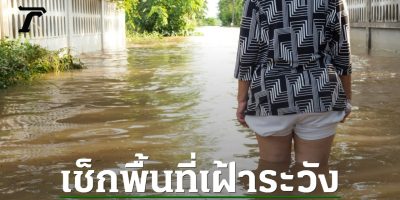July 24, 2024 (NAIROBI) – A rights group has called for an arms embargo on Sudan, amid concerns that the war in the country is being fuelled by constant flow of weapons from United Arab Emirates, Russia, Turkey, Serbia, Yemen and China.
Amnesty International, in a report entitled, New Weapons Fueling Sudan Conflict, shows how recently manufactured foreign weapons have been transferred into and around Sudan, in breach of the arms embargo on Darfur.
Since it broke out in mid-April last year, the conflict in Sudan has killed tens of thousands of people, with an estimated nearly 10 million people now displaced.
According to Amnesty International, recently manufactured or recently transferred weapons and ammunition from countries including China, Russia, Serbia, Türkiye, the United Arab Emirates (UAE) and Yemen are being imported in large quantities into war-torn Sudan, and then in some cases diverted into Darfur.
“Our research shows that weapons entering the country have been placed into the hands of combatants who are accused of international humanitarian and human rights law violations. We have methodically tracked a range of lethal weapons – including handguns, shotguns and rifles – that are being used in Sudan by warring forces,” said Deprose Muchena, Amnesty International’s Senior Director for Regional Human Rights Impact.
He added, “The constant flow of arms into Sudan is continuing to cause civilian death and suffering on an immense scale”.
Amnesty International said it documented civilian casualties in both indiscriminate strikes and direct attacks on civilians, stressing that the parties in the conflict committed war crimes by violating international humanitarian law.
“It is clear that the existing arms embargo that currently applies only to Darfur is completely inadequate, and must be updated and extended to cover the whole of Sudan. This is a humanitarian crisis that cannot be ignored. As the threat of famine looms large, the world cannot continue to fail civilians in Sudan.”
The revelation from the rights group is based on evidence of weapons analyzed.
It also interviewed 17 regional arms and Sudan experts to corroborate data analysis and investigate weapons supply lines used by various groups.
The group revealed that advanced drone jammers, mortars and anti-materiel rifles manufactured in China have been used by both sides of the conflict.
However, a variety of recently manufactured armoured personnel carriers from UAE have reportedly been used by the paramilitary Rapid Support Forces (RSF).
The group called on the United Nations to extend an arms embargo on Sudan.
“The UN Security Council must urgently expand the arms embargo to the rest of Sudan, and also strengthen its monitoring and verification mechanisms,” said Muchena.
He further added, “The expansion must effectively monitor and prevent international transfers and illicit diversion of arms to the country, and must cover the widest possible scope of weapons to combat the widespread diversion of shotguns, hunting rifles, blank guns and related ammunition into Sudan.”
Both sides of the conflict have been repeatedly accused of war crimes including deliberately targeting civilians, indiscriminate shelling of residential areas and blocking humanitarian aid, while millions of Sudanese suffer on the brink of starvation.
On 15 April 2024, Amnesty International launched a global campaign urging the UN Security Council to extend the existing arms embargo beyond Darfur to the rest of Sudan as part of a campaign advocating for protection of civilians in Sudan and calling for accountability for those who committed atrocities against civilians.
(ST)















